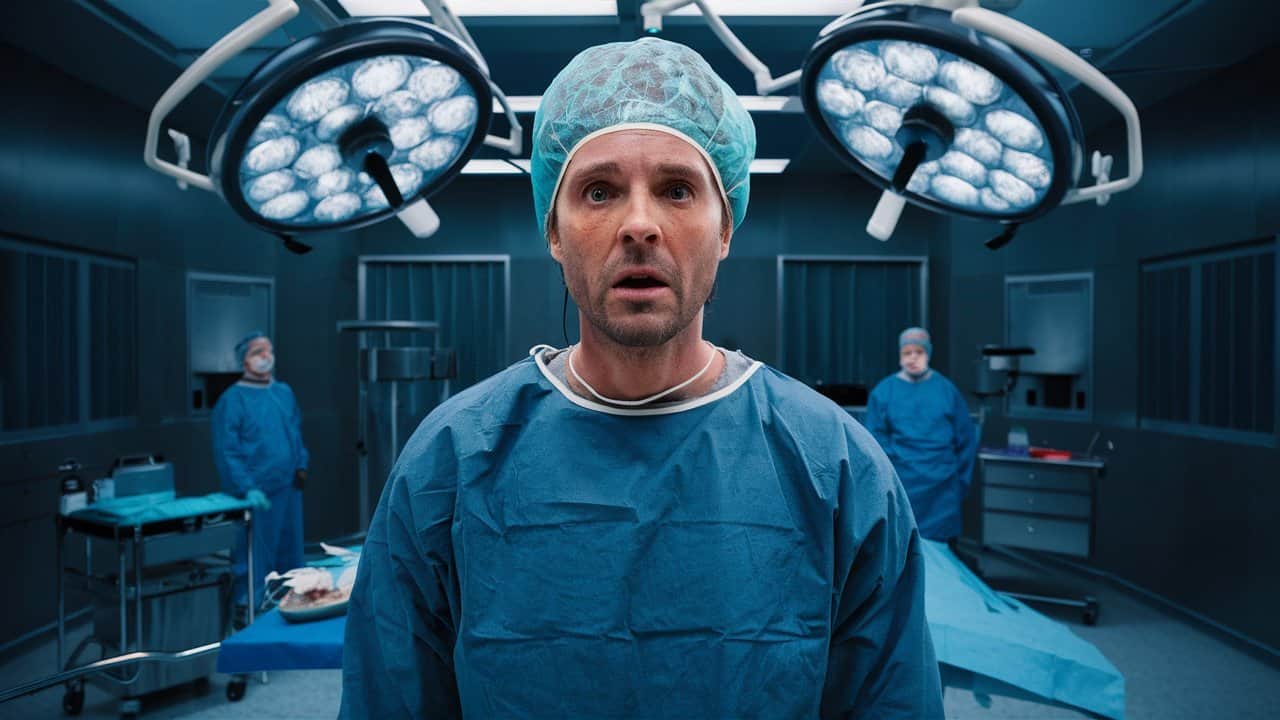Surgical procedures, even those considered routine, inherently carry some level of risk. Patients place immense trust in their healthcare providers to minimize these risks and ensure a smooth operation. However, when errors occur in the operating room, the results can be disastrous. These mistakes can stem from various factors, including miscommunication, lack of preparation, or human error. What should have been a routine procedure can quickly turn into a life-threatening situation.
The consequences of these errors can be severe, ranging from prolonged recovery times to life-altering disabilities or even death. When healthcare providers fail to follow established protocols or overlook critical details, they put their patients at unnecessary risk. Understanding how and why these errors occur is crucial in preventing them and ensuring that routine procedures do not end in tragedy.
From Minor Mistakes to Major Consequences
Not all surgical errors are of the same magnitude, but each one has the potential to cause significant harm to the patient. Common errors include wrong-site surgery, where the surgeon operates on the wrong part of the body or leaves surgical instruments inside the patient after the procedure. Anesthesia errors, such as administering the wrong dose or failing to monitor the patient properly, can also lead to severe complications.
These mistakes are often preventable and result from lapses in judgment or failure to adhere to safety protocols. The impact of such errors can be devastating, leading to additional surgeries, long-term health issues, or even death.
The Ripple Effect of Surgical Errors
The impact of surgical errors goes far beyond the immediate physical harm inflicted on the patient, creating a ripple effect that touches many aspects of life.
Here’s how these consequences unfold:
- Extended recovery time: A surgical error often leads to a prolonged recovery period, requiring additional surgeries or treatments that delay the patient’s return to normal activities and significantly disrupt their life.
- Decline in quality of life: The physical complications from a surgical error can result in long-term or permanent disabilities, drastically reducing the patient’s ability to enjoy life as they once did.
- Emotional toll: Dealing with unexpected complications can be emotionally devastating, leading to anxiety, depression, and a profound loss of trust in the medical system. The stress of managing these emotions can further hinder recovery.
For the family, the effects are equally profound:
- Increased caregiving responsibilities: Families often have to step in to provide additional care, which can be physically and emotionally exhausting and time-consuming.
- Financial burdens: The costs associated with additional medical treatments, lost income, and ongoing care can create significant financial strain.
- Emotional strain: Watching a loved one suffer due to a surgical error can be incredibly distressing, leading to feelings of helplessness, anger, and guilt.
- Grief and seeking justice: In the most tragic cases where a surgical error results in death, the family must not only navigate the grieving process but also seek answers and justice, which can be an arduous and emotionally draining journey.
Holding Medical Professionals Accountable
When a surgical error results in serious injury or death, the legal system provides a pathway for victims and their families to seek justice. Medical malpractice laws are designed to hold healthcare providers accountable for negligence and ensure that victims receive compensation for their suffering. However, pursuing a malpractice claim is often complex, requiring a thorough understanding of both medical and legal issues.
For families dealing with the loss of a loved one due to a surgical error, a wrongful death claim may be the best course of action. This legal avenue allows them to seek compensation for medical expenses, funeral costs, and the loss of companionship.
The Critical Role of Expert Legal Representation
Navigating a wrongful death or medical malpractice case requires specialized knowledge and experience. Legal professionals who focus on these areas are crucial in guiding families through the complex process of seeking justice. They work diligently to gather evidence, consult medical experts, and build a solid case to uphold the victim’s rights.
The wrongful death lawyers at Valiente Mott are dedicated to helping families who have suffered the loss of a loved one due to surgical errors. Their expertise in handling these sensitive cases ensures that families receive the support and compensation they deserve. By partnering with experienced legal professionals, families can focus on healing while their legal team fights for justice on their behalf.
Building a Safer Operating Room
While surgical errors can never be eliminated, many are preventable through improved safety protocols and better communication within the surgical team. Hospitals and surgical centers must prioritize patient safety by implementing rigorous pre-surgery checklists, enhancing intra-operative procedures, and ensuring thorough post-operative care. Regular training and simulations can help the surgical team stay sharp and prepared for any situation.
By fostering a culture of safety and accountability, healthcare institutions can significantly reduce the likelihood of surgical errors. This involves not only strict adherence to established protocols but also encouraging open communication among all members of the surgical team. When everyone involved is vigilant and committed to patient safety, the chances of routine procedures ending in tragedy are greatly diminished.
Empowering Patients
Patients are not powerless regarding their surgical safety. Being informed and proactive can help minimize the risk of errors. Before undergoing any procedure, patients should take the time to understand the details of their surgery, ask questions, and ensure that all surgical team members are aware of their medical history. Clear communication between the patient and healthcare providers is essential for a successful outcome.
Additionally, patients should feel empowered to speak up if something doesn’t seem right, whether it’s a discrepancy in their medical records or a misunderstanding about the procedure. Being an advocate for their safety can make a significant difference in preventing surgical errors. Informed patients are better equipped to make decisions that align with their best interests and ensure their healthcare providers are fully prepared for surgery.
Healing After the Unthinkable
Recovering from a surgical error is a challenging process, both physically and emotionally. Patients may face an extended recovery period, additional surgeries, or permanent disability due to the error. Emotional recovery is also difficult, as patients must come to terms with the fact that their suffering was preventable. Seeking support from medical professionals, counselors, and legal advisors is crucial.
For families who have lost a loved one due to a surgical error, the journey toward healing is even more complex. While no legal action can bring back their loved one, pursuing justice through the legal system can provide some measure of closure.
Stay in touch to get more news & updates on Discovertribune!




